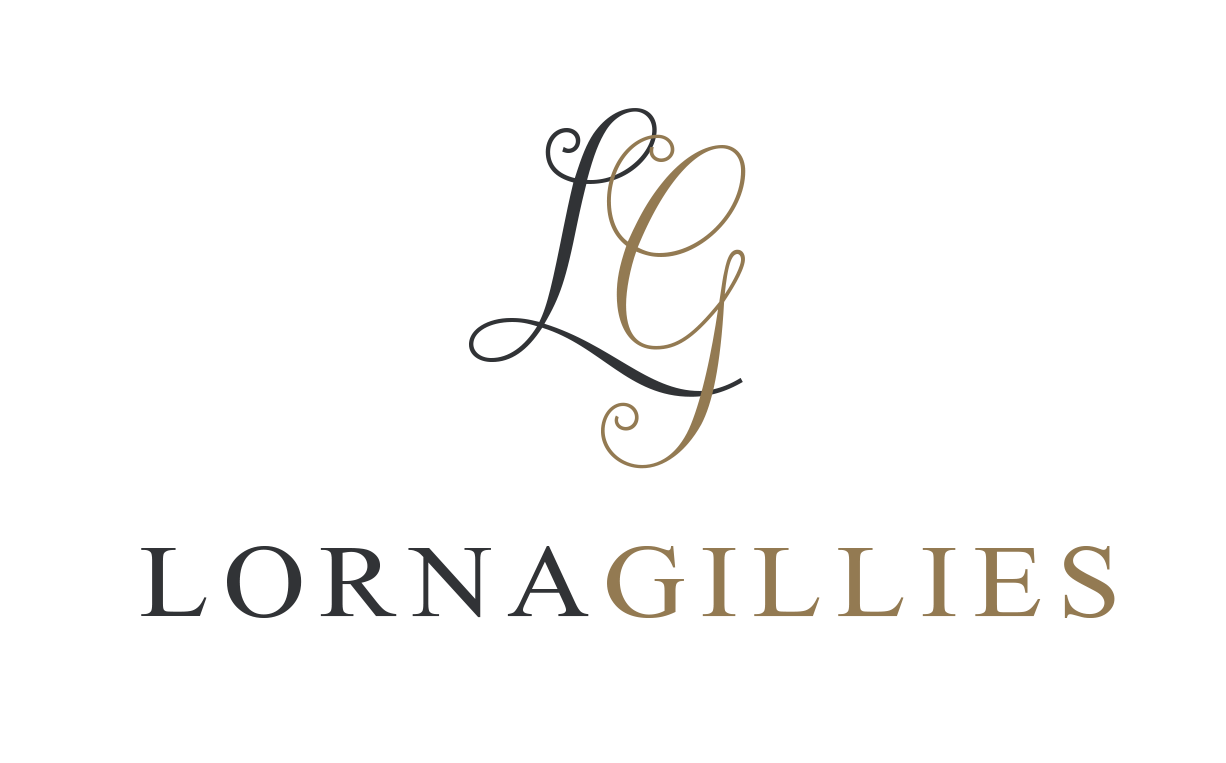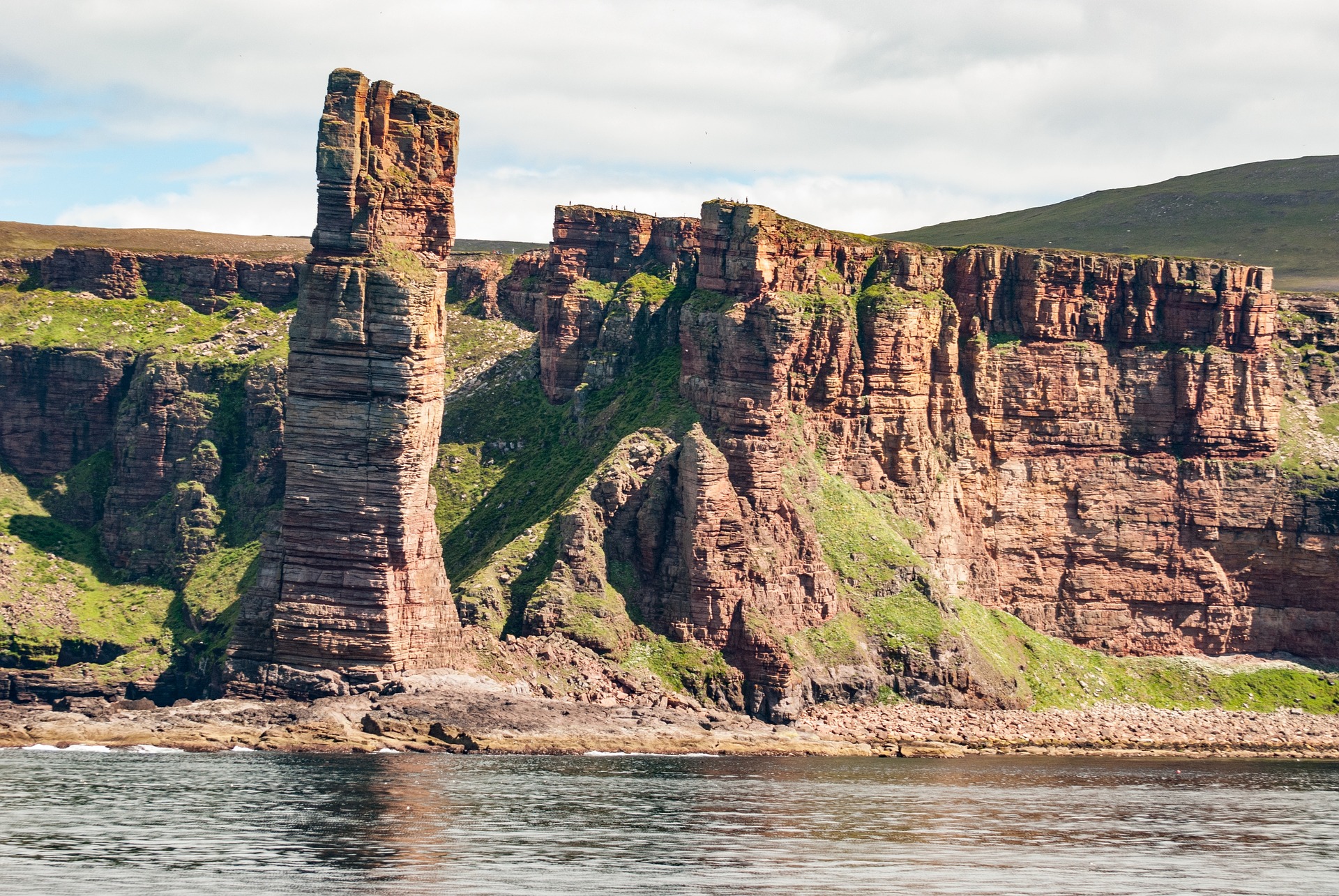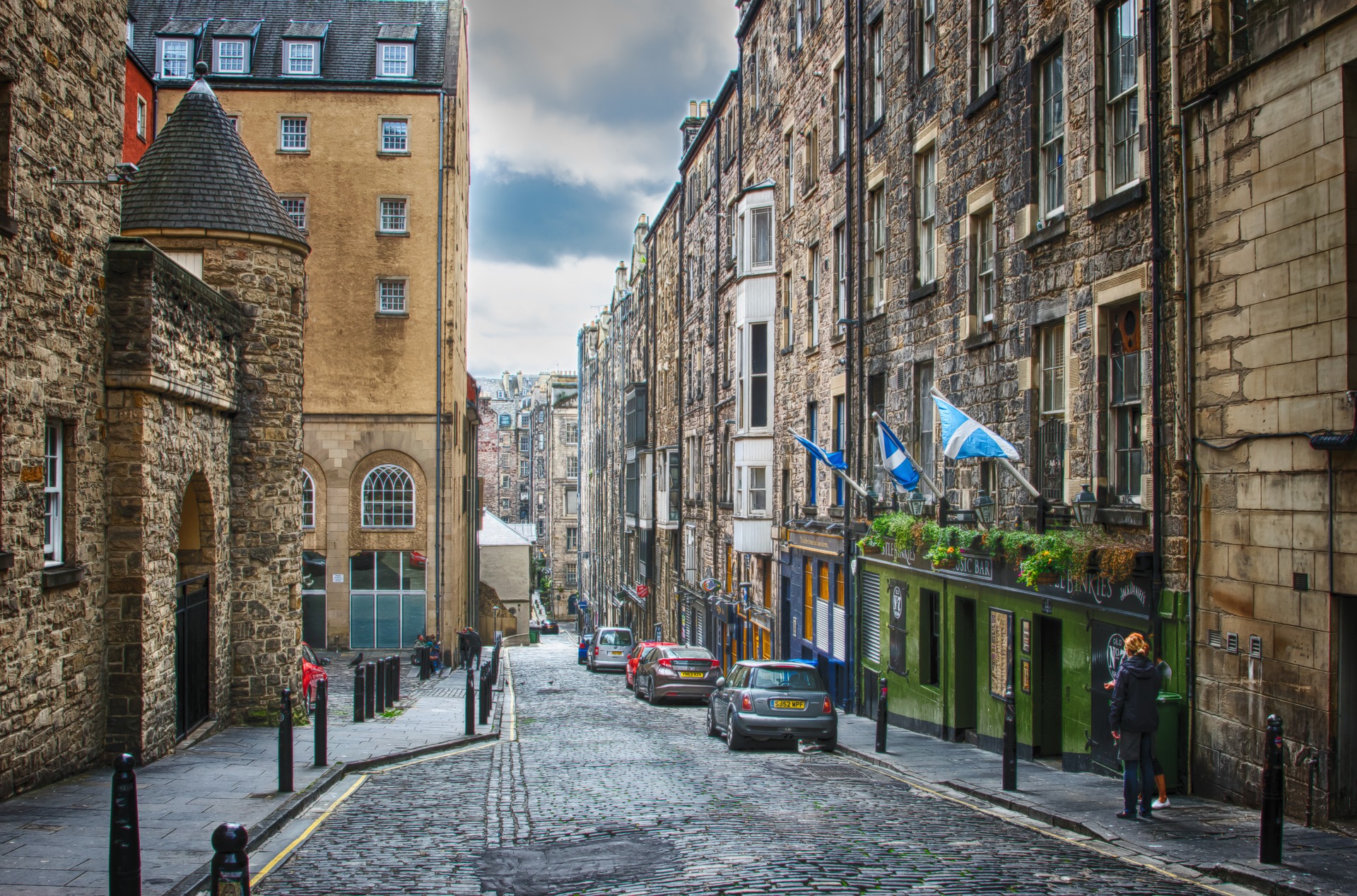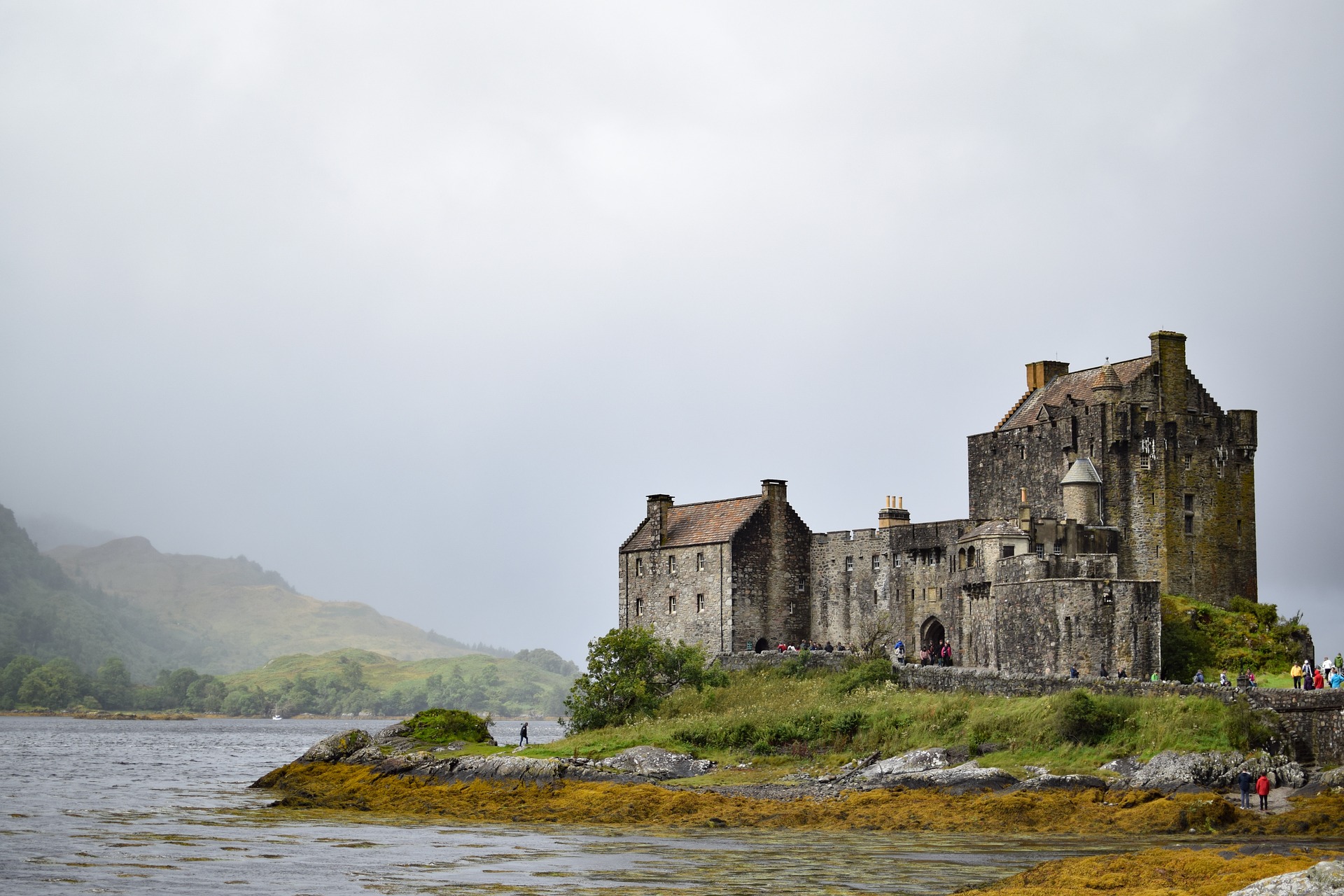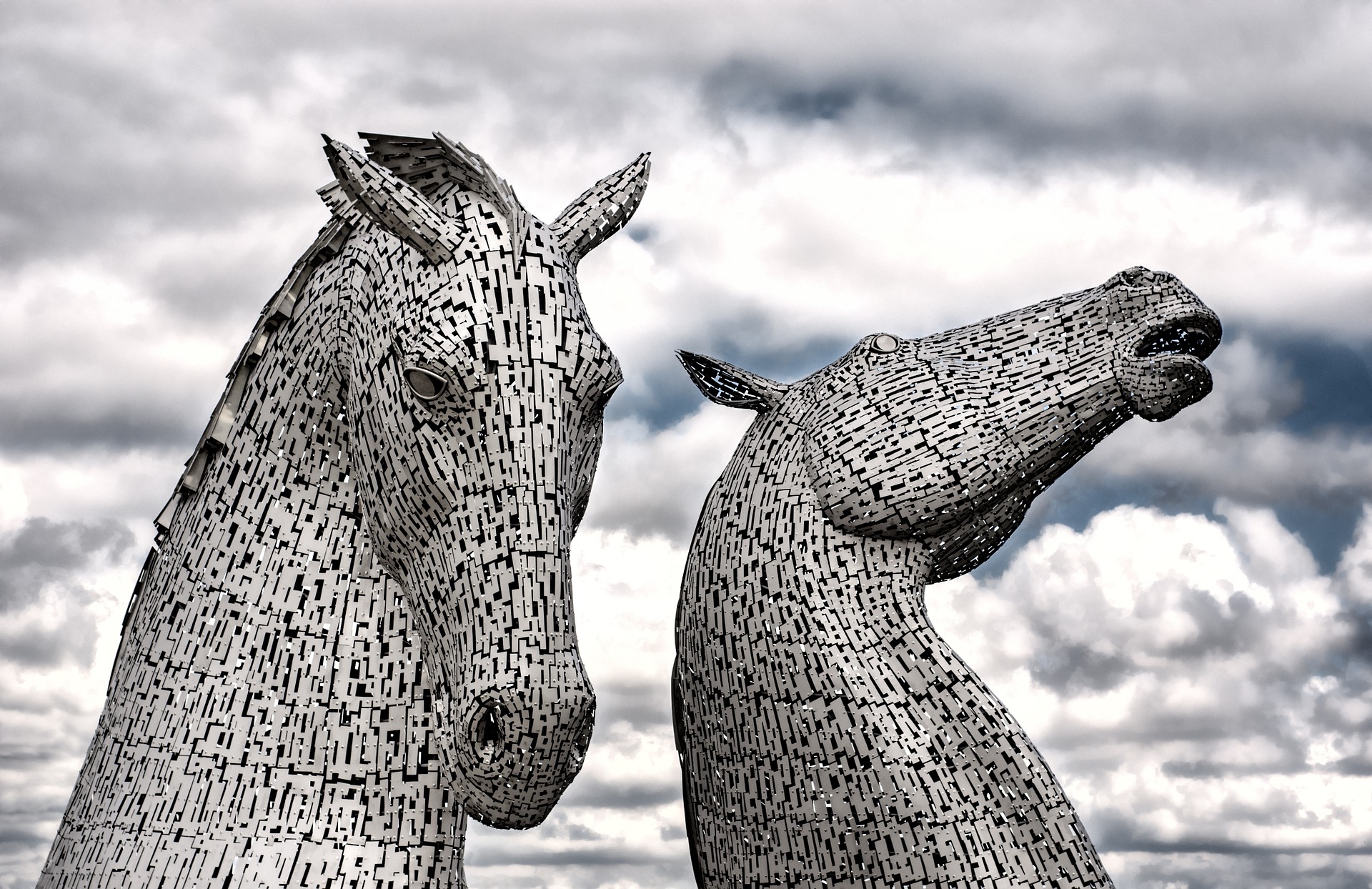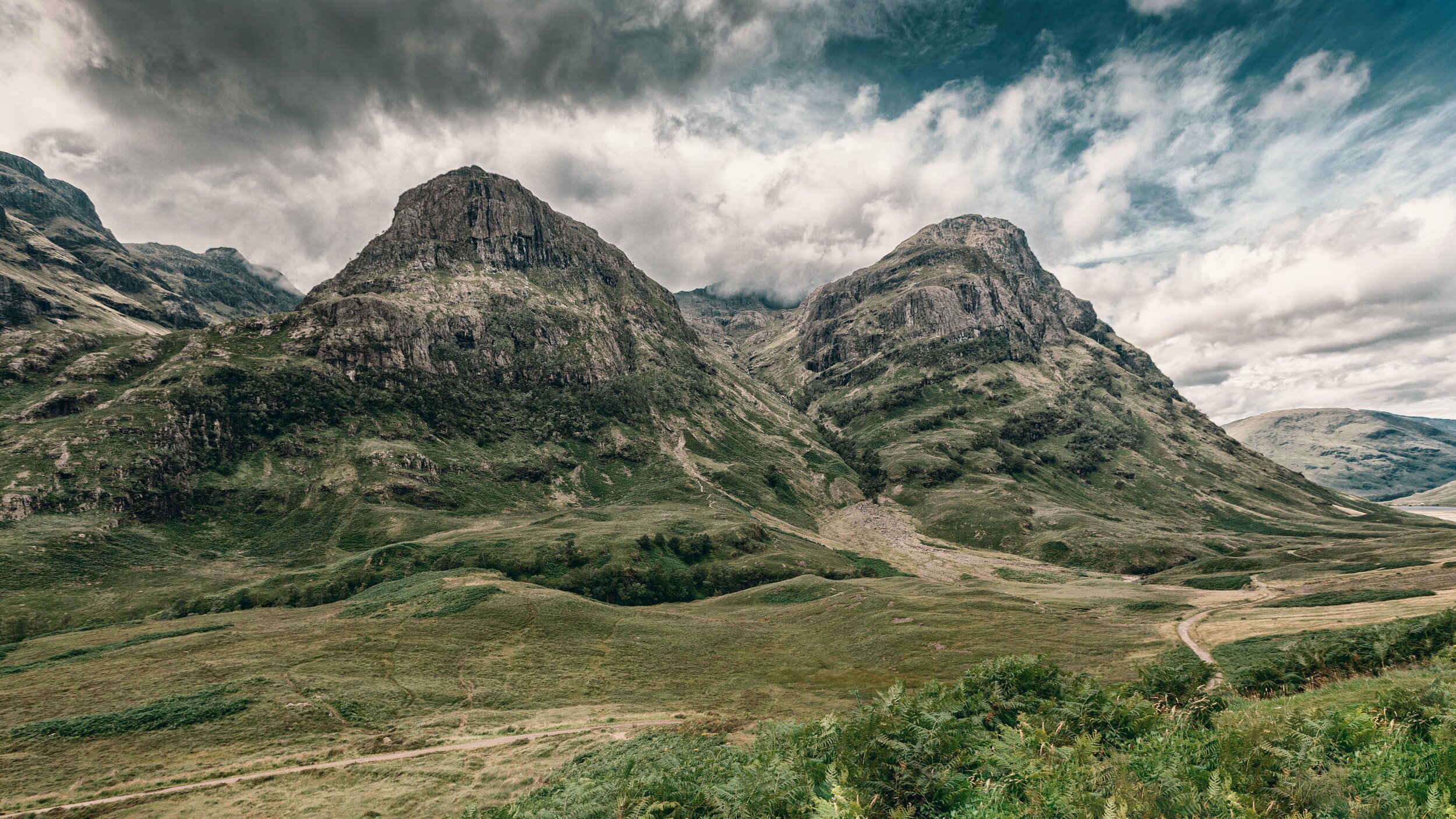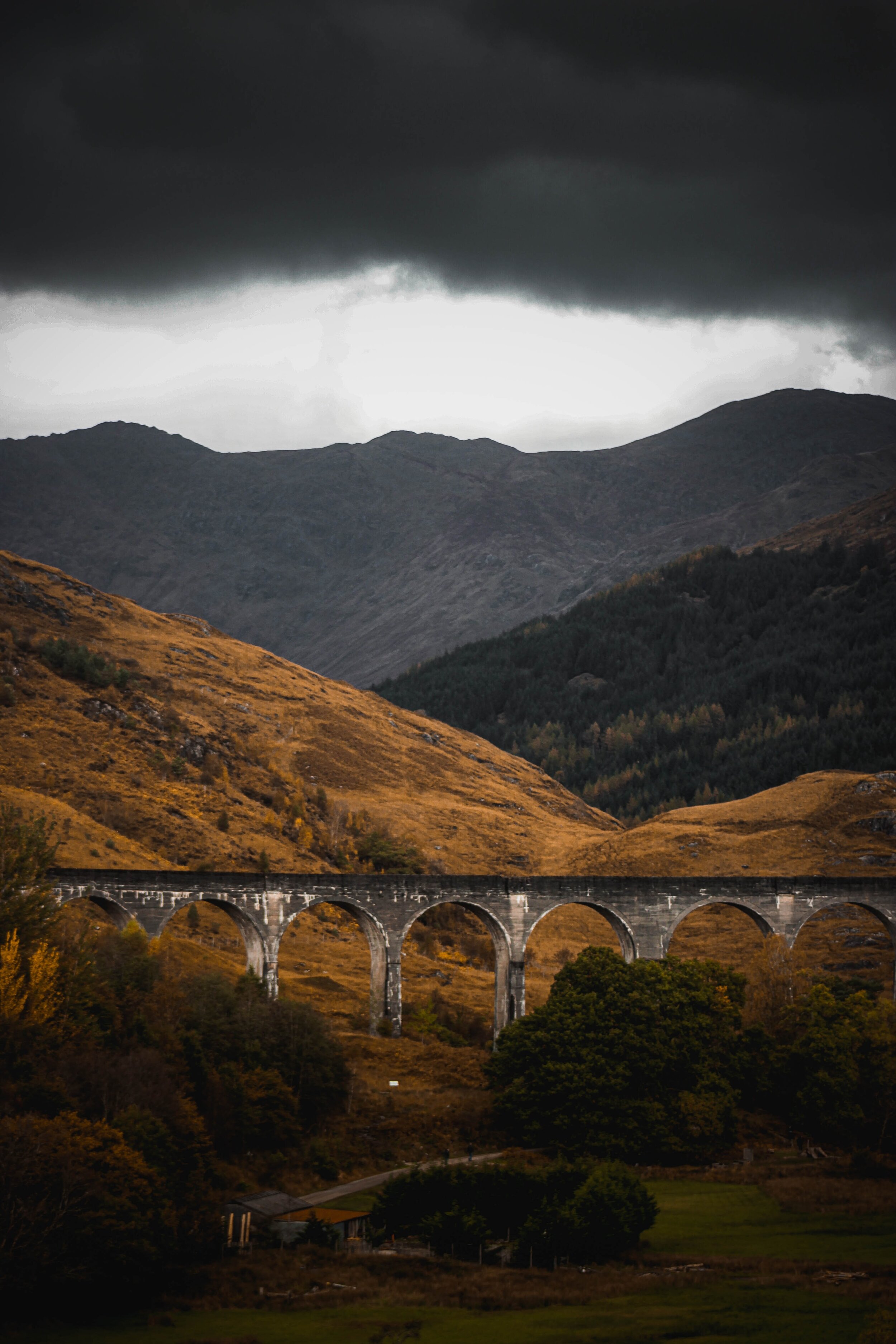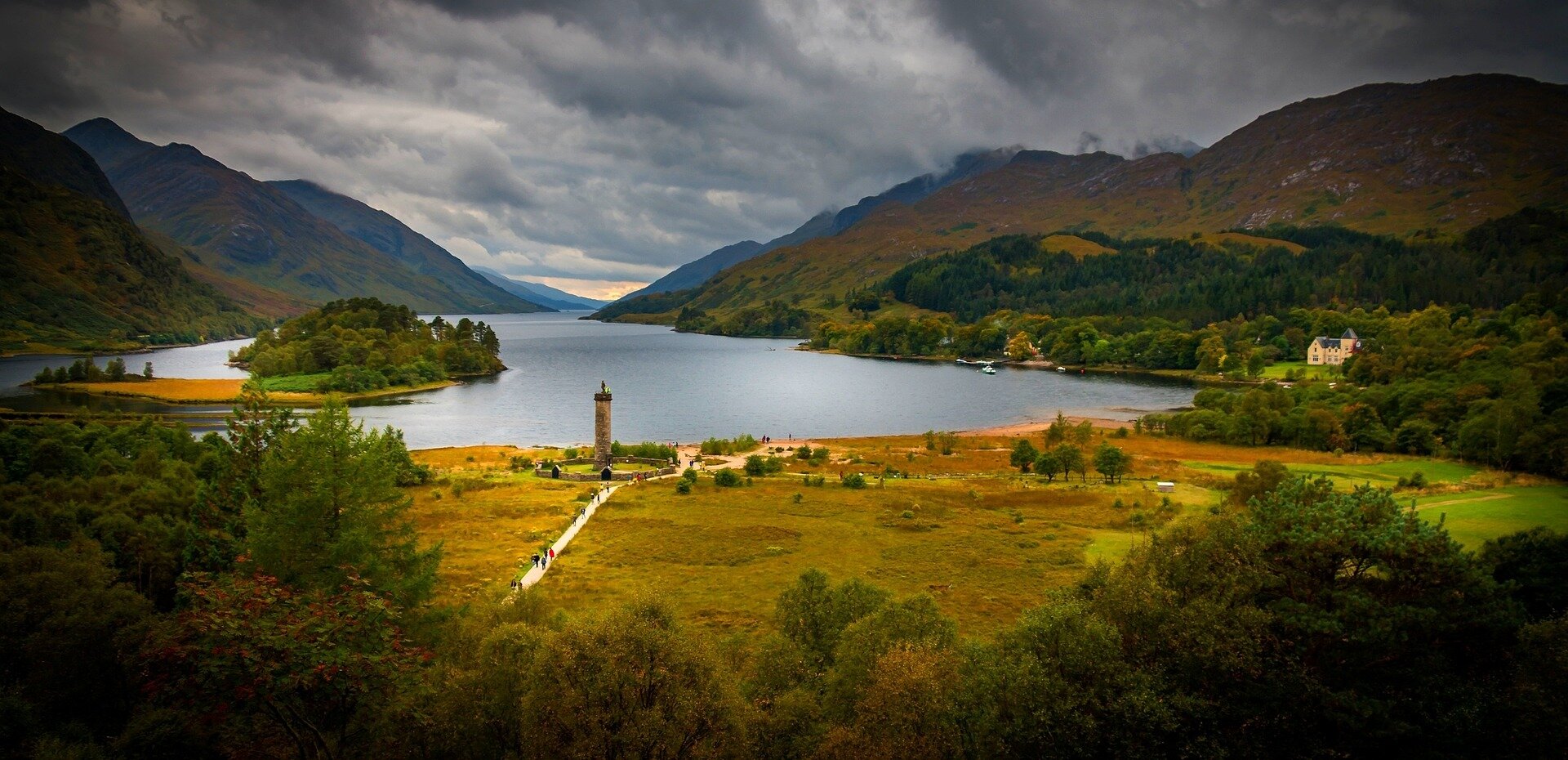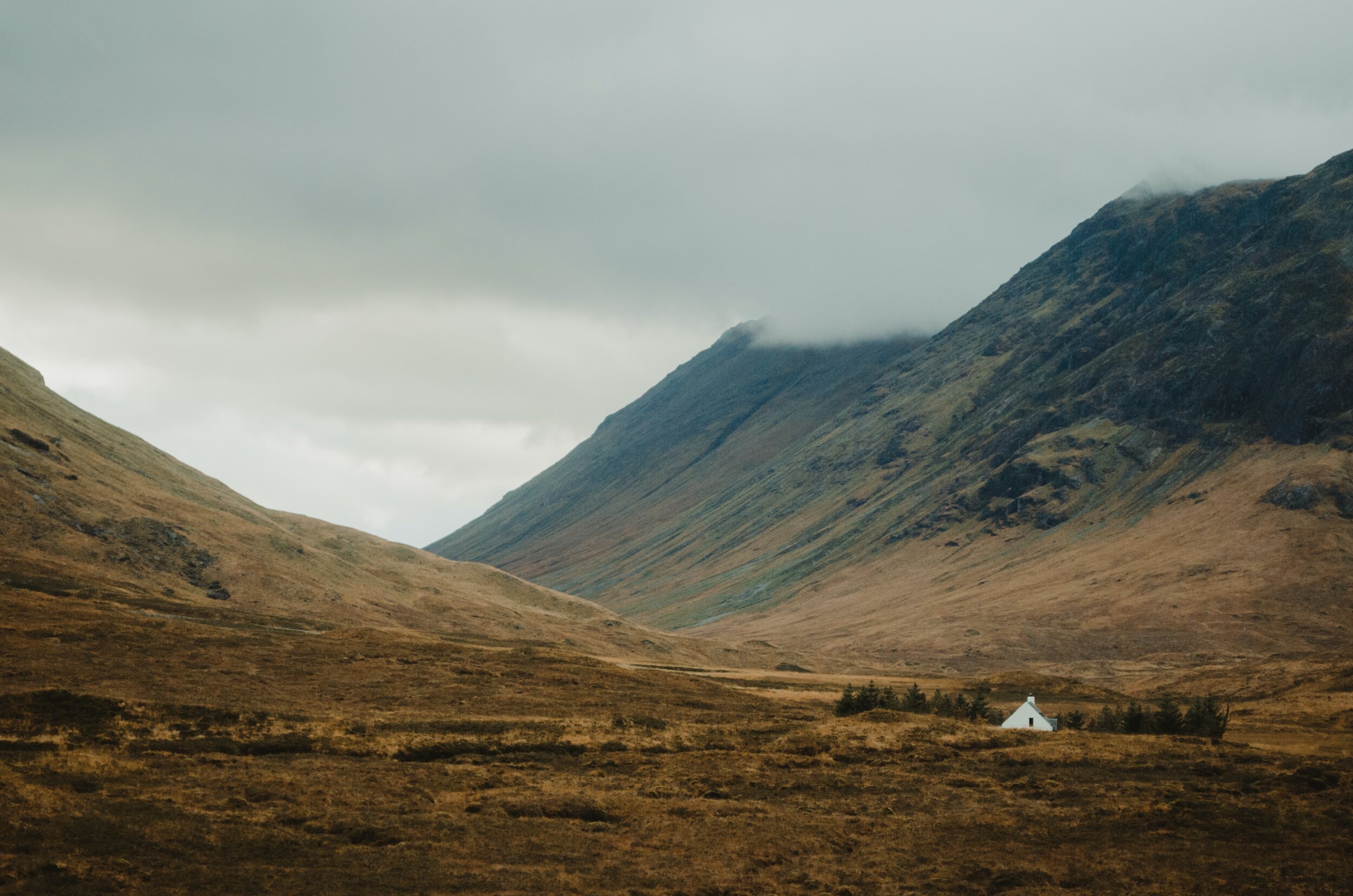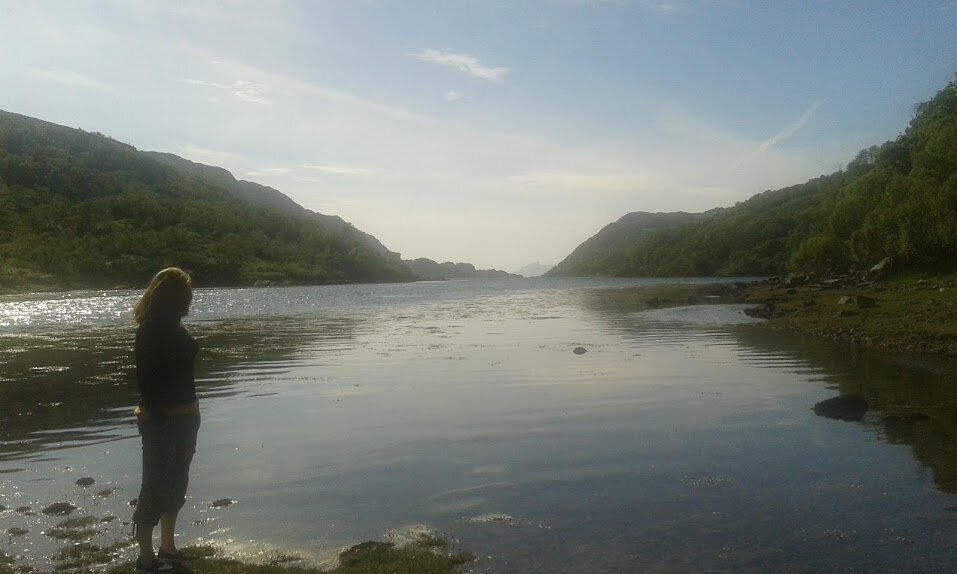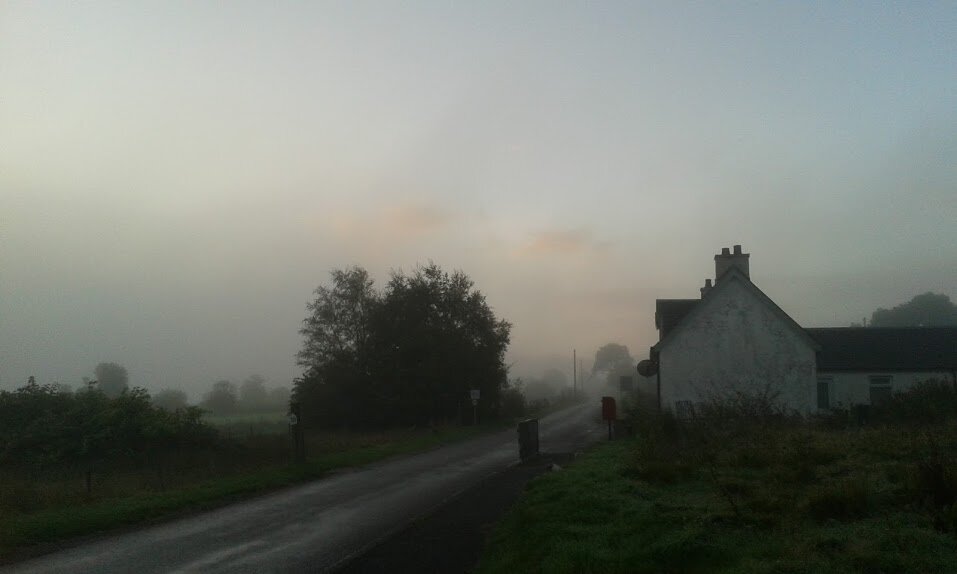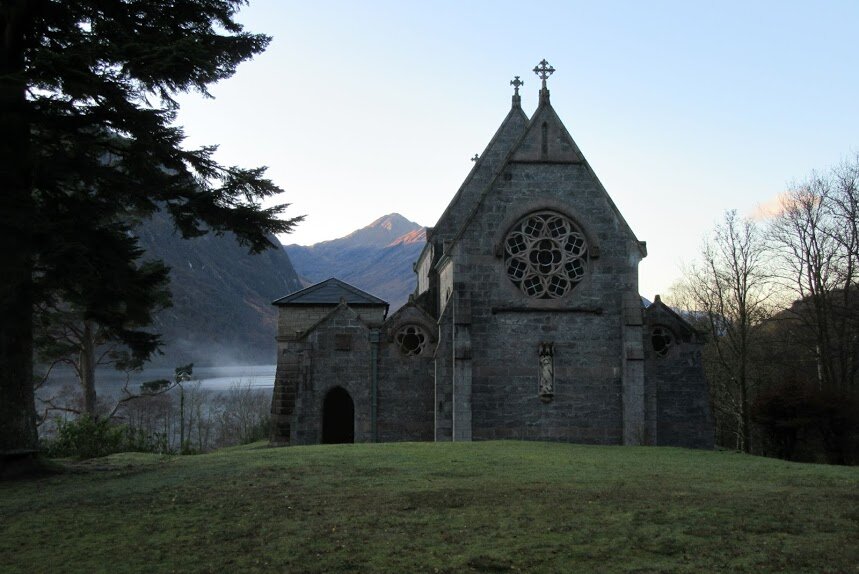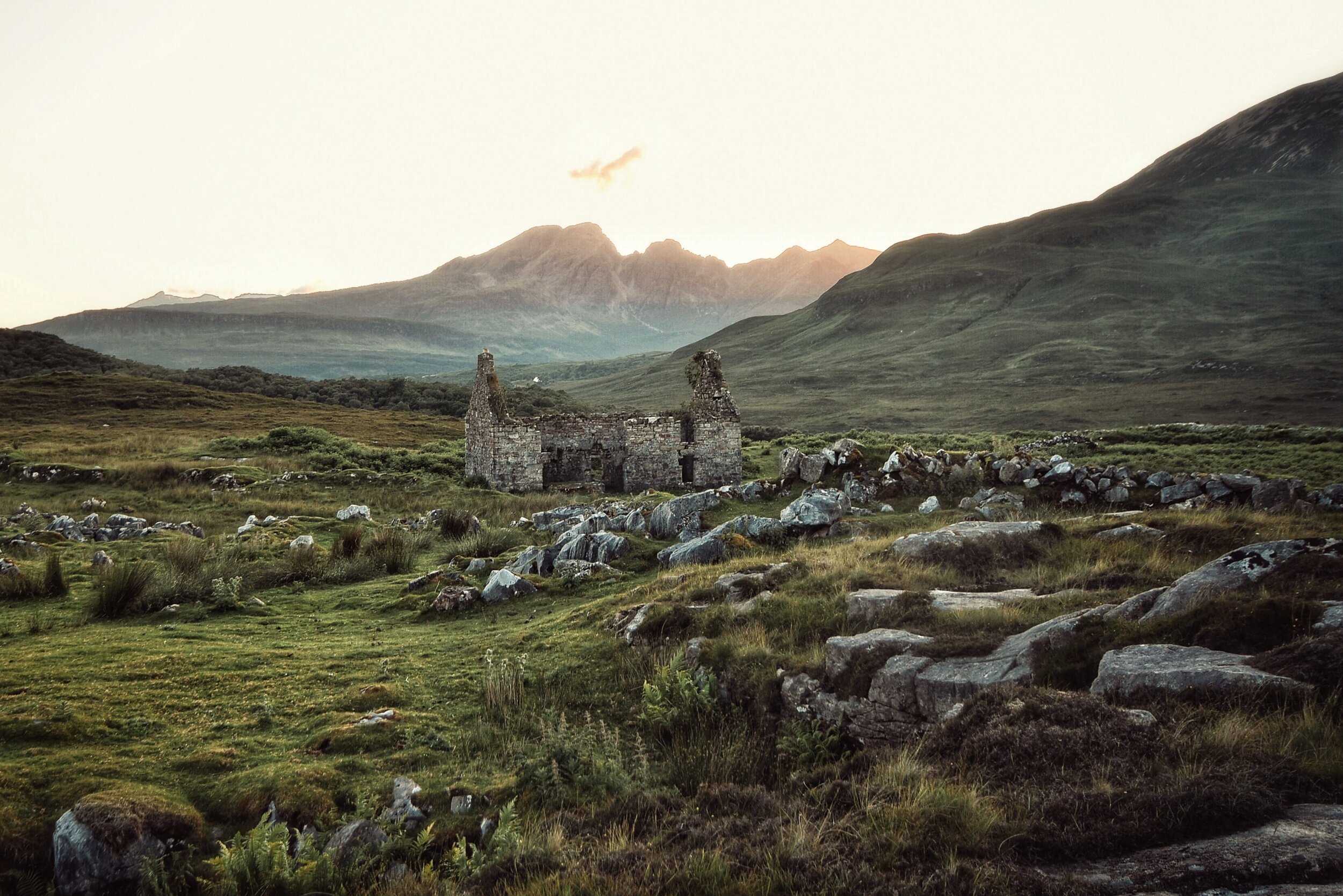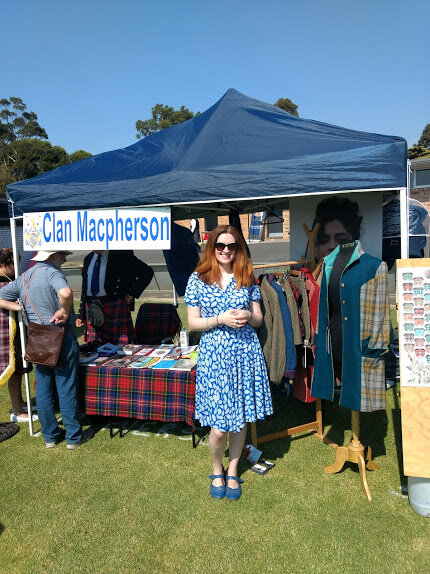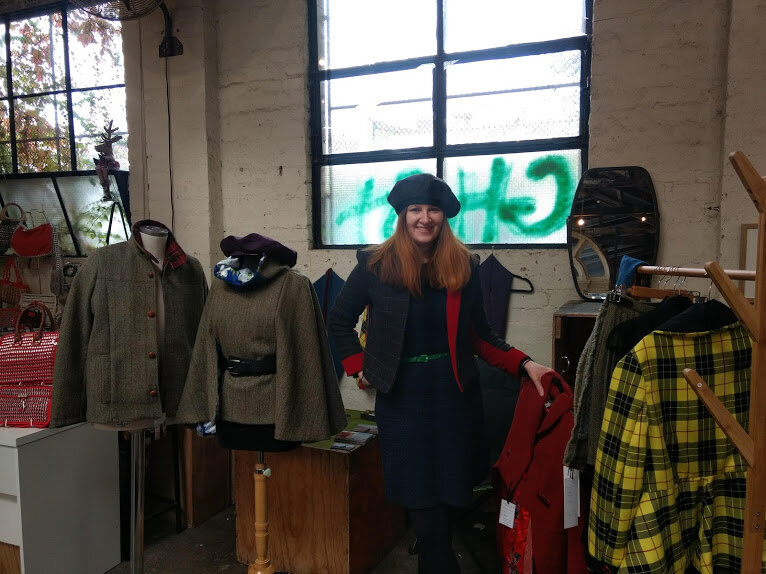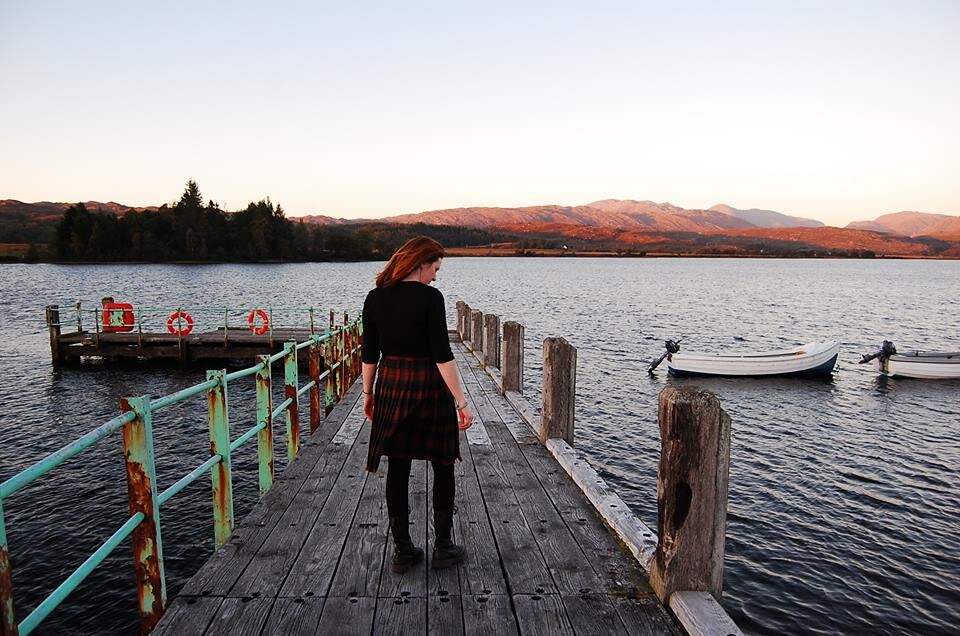A Lost Language?
I spoke about identity before and in particular, highland identity. If you look at Scotland from afar, it seems to have one whole identity, but if you look closer into the separate regions, we all have something different to each other. These small differences would have been very obvious many years ago, spilling over into our culture, traditions and languages. The highlands and western islands were gaelic speaking and had their own way of living within the clan system. In the east, the original natives to Scotland were the Picts. Not sure what the Picts language would have been so long ago, but gradually over time in the east region, ‘Scots’ language was spoken. And as we go far north to the Orkney isles, they have a completely different history, with a primarily viking background, making them different to the gaelic speaking western isles.
The area I’m from in the highlands was once a gaelic speaking region, it would have been the tongue of the everyday person. It was only until recently I was listening to a gaelic entertainer give an interview and they suggested that scots find it hard to express themselves, and it may be due to us not knowing our own language anymore. I find myself agreeing with this. The emotional connection I have with the highlands is strong but I did not learn the language of the land and I feel this has left an empty space within me.
Why was gaelic lost in the highlands? I’m sure many of you know the history (which often is not taught in schools - I only learnt the local history after I left school and had an interest to look!). After Culloden, the gaelic language was banned along with wearing tartan - A law that was introduced to punish highlanders for supporting Charles Stewart to be King. When you read history, it’s always so sad that people who suffer are the everyday working folk. Kings and Queens come and go bringing their religious beliefs and power, but the common people are the ones who have the struggles, needing to adapt…but yet we ignore these people often when looking at history and focus on the glamorous lives of the wealthy.
My father knew gaelic as a child but growing up in the 1950s and 60s it was discouraged to learn the gaelic. Even if it was spoken in homes, it was not encouraged in schools, so often schools would be english-speaking only environments. You can’t blame parents back then, they would have thought the gaelic language dated and not equipping their child with the skills to help them in life. My father’s parents, grandparents, great grandparents would have all spoken gaelic; I just wonder why even though it was against the law after the 1750s, it was still spoken. Then about the time the second world war ended, the language was pretty much on it’s way down, with only the elderly known to speak it. I am the youngest of five and we all do not know gaelic. I was a year too old to learn gaelic in my primary school, something that I’ve always wished I could have been part of. The gaelic medium was introduced to my school but alas I was too old to enrol (to my father’s disappointment). But as of the 1990s, with the re-introduction of our native language in schools, I’m happy to see the changes - that the area is thriving in gaelic culture - bringing along with it singing and music.
Having said that I did try to learn gaelic in high school, but in high school my interest wasn’t there.
Since working and living in Australia for the last year, I have attended Highland Shows and games. It is at these shows I’m amazed to see the people who are descendents of scots and keeping the traditions alive. I have noticed that even gaelic speaking is promoted with many interested people wanting to keep this language that was once almost lost.
It’s strange when you live away from home that you look to where you’re from and what shapes you as a person. I feel that gaelic is a stepping stone for me to find a piece of myself, and I’m prepared to look behind every rock to find it…
L x
